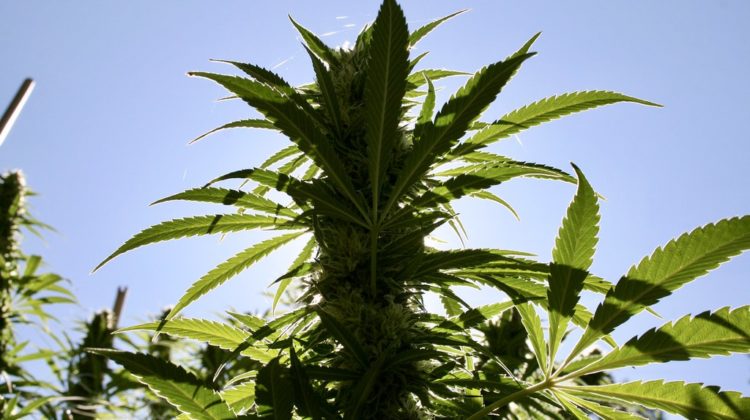
Previously Emerald reported on Chris Alexander, the executive director for New York’s Office of Cannabis Management (OCM), who is leading a public health campaign to prepare the state for safe use and access to cannabis. Since then, the OCM has granted more licenses to cannabis cultivators, bringing the total to 88 approved companies. Currently, the OCM plans for these cultivators to harvest in time for the first retail shops to officially open business.
As Senator Liz Kruger commented:
“The approval of these licenses will help ensure an adequate supply of cannabis when the first round of social and economic equity adult-use retail stores open later this year. It will also prioritize New York farmers and environmentally sustainable agricultural practices. I am excited and gratified with the steps OCM is taking to fulfill the goals and the spirit of the legislation we passed last year as they roll out the adult-use cannabis program.”
There is little doubt NY’s cannabis community is also excited by these developments. But with cannabis finally on the verge of being legal, how will it affect the industry?
Cannabis Before Legalization
According to The New York Times, legalization may prove to be a demerit to cannabis businesses that previously operated illegally. While legalization will allow businesses like Buddy’s Bodega to contract agencies, meet landlords, and license software, states consider whether a business succeeds when approving them for a license.
However, the previously illicit sales of cannabis mean a business’s revenue can’t be shown unless they want the Internal Revenue Service (IRS) to come knocking on their door. Since cannabis is not legal on a federal level, banks are unable to give loans or bank accounts. On the other hand, those completely new to the industry will be better off with clean records as well as experience with legal regulations.
As Lou Cantillo, who co-founded the Buddy’s Bodega, commented,
“It’s the Chads and Brads taking over — it’s people that have no influence in the culture, but when they see the economic opportunity, they seize it.”
Current Regulations
In an article by Marijuana Moment, adults 21 and older are able to possess and consume cannabis in public. Currently, however, rules around cannabis growers’ licenses are still being finalized by lawmakers.
Aside from the main goal of legalizing cannabis, senators have also worked towards sustainable practices for cannabis businesses. Among them, recycling will be promoted by having a one dollar deposit for cannabis products sold in plastic containers. In addition to this, one bill was introduced for hemp-based packaging to be used over synthetic plastic for cannabis products.
With cannabis dispensaries obtaining licenses, regulations have also cropped up for where these dispensaries will be able to operate. According to WGRZ, state law maintains the dispensaries can’t be 500 meters from a school or 200 meters from a church. However, the OCM stated it is up to the local communities to decide on their location and business hours.
Plans For Cannabis-Infused Food
According to the New York Post, the OCM has been considering allowing the sale of cannabis-infused food and edibles with recreational cannabis being legalized. However, there are a few caveats to being able to have pot eateries.
Since cannabis is only for those at least 21 years old, cannabis in food will be held to the same standards for dispensaries. This includes labeling the amount of cannabis in a serving. However, one downside is not being able to hold both a cannabis license and a liquor license.
While restaurants might not provide both cannabis and alcohol, legalization of cannabis has come a long way since its prohibition in past decades. With these adjustments to cannabis laws, businesses can be sustainable as well as socially equitable.


Leave a Reply